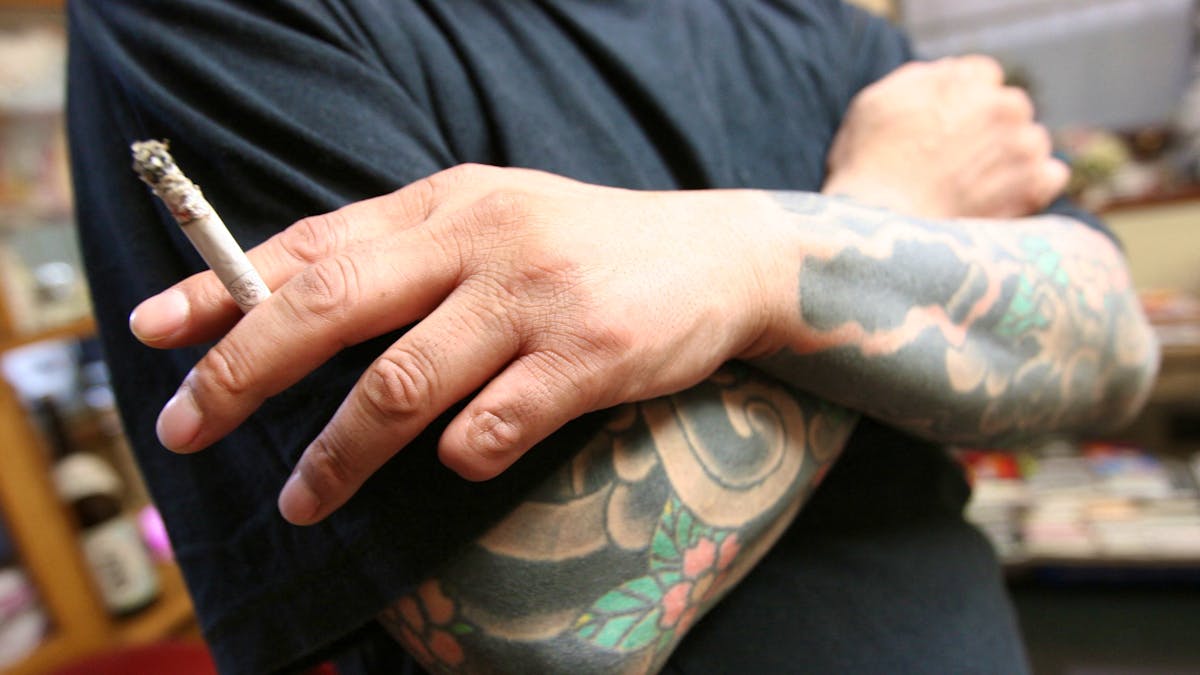The largest Yakuza group in Japan has committed in writing to the authorities to put an end to bloody conflicts opposing it to dissident factions, police told AFP on Thursday.
Members of the Yamaguchi-Gumi, the main organization of organized crime in the country, went to the Hyogo region on Monday to submit a letter that stipulates that the group will end “all internal quarrels” with the promise to “not create problems”, said a regional police officer at AFP.
The Yamaguchi-Gumi waged bloody wars against other Yakuza groups formed by former members who separated in 2015.
Since 2020, the Japanese authorities have placed several criminal groups under special surveillance due to the intensification of violence, by limiting their activities, in particular the use of their offices in designated areas.
Flurling for other gangs
The Hyogo police official nevertheless declared that the plans of the dissident groups remained vague, and that the investigators were monitoring the situation, because the commitment of the Yamaguchi-Gumi could be only a unilateral declaration.
Unlike the Italian mafia or Chinese triads, yakuzas have long occupied a gray area in Japanese society. Their existence as such is not illegal, and they have their headquarters at the sight of the police.
Born from post-war chaos, the Yakuzas have developed over the decades to become powerful criminal organizations, weighing several billion $. The members of the Japanese organized crime live in particular of the game, drugs and prostitution, but have also been immisade over the years in many sectors of activity (BTP, recycling, recruitment of people, etc.).
A necessary evil
The yakuzas have long been tolerated as a necessary evil to ensure order in the streets, despite methods deemed questionable.
The number of members of the Japanese underworld reached a new minimum of 18,800 people in 2024, after years of decline, falling for the first time below the 20,000 members’ mark, especially due to stricter repression, according to recent police data.
Despite this drop, “some of their activities are becoming more and more opaque and their sources of funding are diversifying,” said the police last week. An example of this opacity is illustrated by the alleged ties of yakuzas with criminal groups, often involved in internet scams or investment fraud.
Collectively called “Tokuryu”, these groups of delinquents are distinguished by recruiting, on social networks, young people often on the sidelines and in search of fast money.
According to police, some yakuzas are leaders of these new criminal networks whose profits could feed the boxes of traditional crime unions.
The total amount of damage linked to organized fraud and other crimes attributable to organized crime reached 1.53 billion € (263 billion yen) in 2024, against 360 million euros (62 billion yen) in 2019, according to data collected by the authorities.

